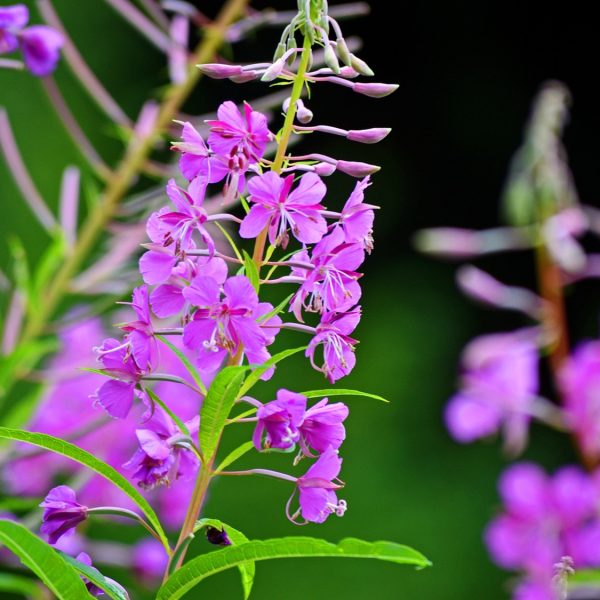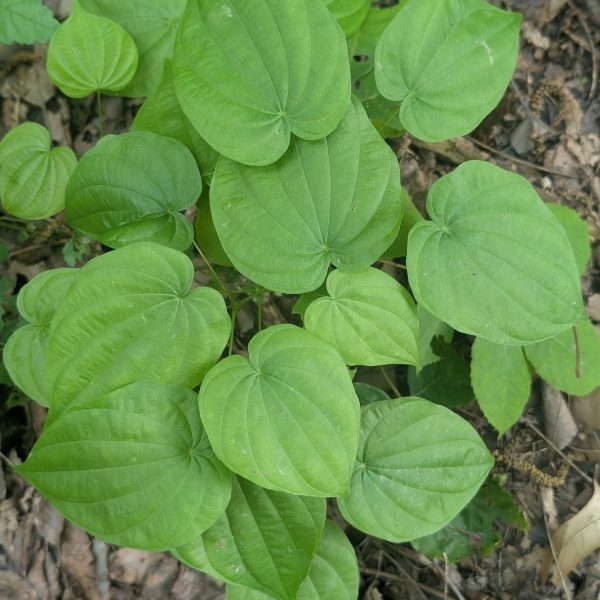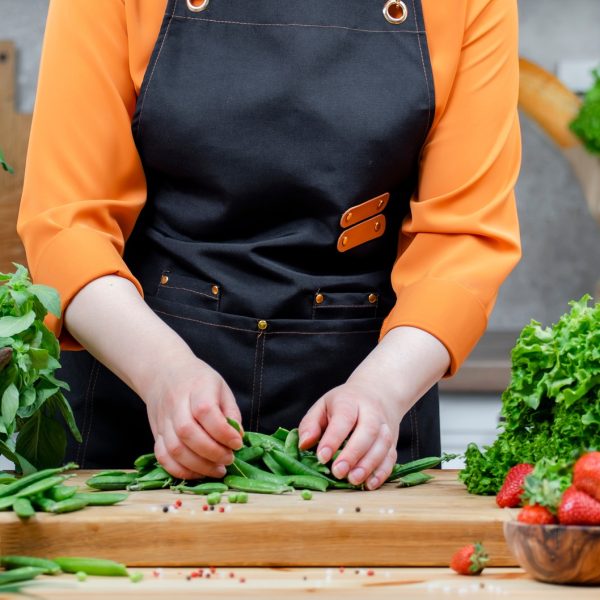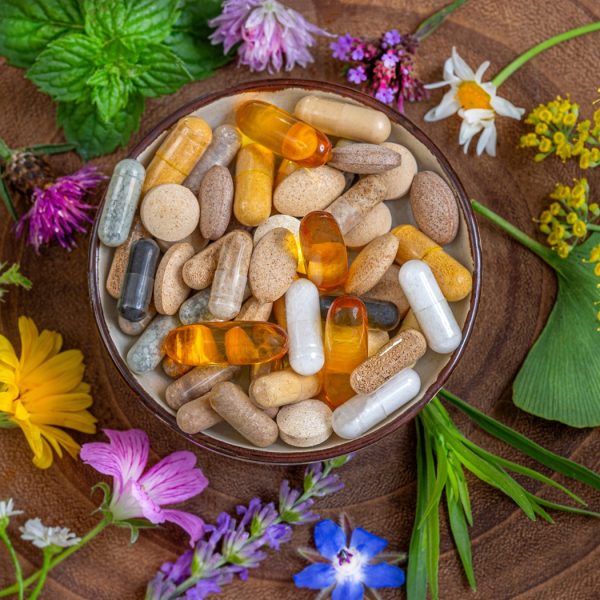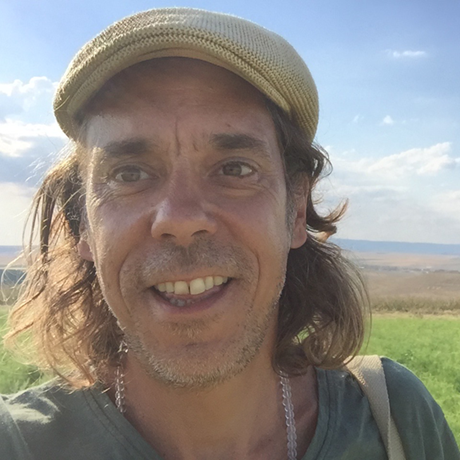The Herbal Alliance is a Community of Professional Herbalist Practitioner Associations and herbalists with a shared aim of promoting and supporting herbal medicine and herbalists. Sebastian Pole shares a review of the Herbal Alliance’s sustainability work.

It’s no surprise that herbalists are actively engaged in creating a sustainable future. Working with plants and natural medicines is central to everyday clinical needs. However, it became apparent that there was concern amongst the membership that herbalists in the UK and Ireland do not have a collective approach to sustainability. This has become increasingly urgent with so many species and ecosystems facing the serious challenges they do, threatening the availability of the materia medicia.
With this intent of being a part of the solution, Vicky Murry, an expert in sustainability and herbal value chains, was engaged to coordinate the insights and develop a clear direction. Workshops with the Herbal Alliance’s Supply & Sustainability Community Action Team were the central space for discussions following one-to-one interviews, clinic visits and surveys that were undertaken.
There was a focus on one question “Given the scale of the climate, ecological and social challenges we face today, what can the Herbal Alliance do next to support meaningful and urgent action? “
The project revealed the need to build practitioner awareness of sustainability issues and impacts. Herbal supply can be highly complex and many practitioners expressed a desire to understand more about the breadth and depth of sustainability issues impacting the herbal ‘value chain’ (from field, processing right through to packaging and end use).
A universal concern for all herbalists is the security of supply. Continued availability of best quality herbs was highlighted by all herbal practitioners we interviewed and visited. There is an acute awareness of the many supply challenges on the horizon that need to be prepared for – whether that be due to the climate crisis, overharvesting, the welfare of pickers and collectors, endangered species or any other issues impacting the availability of our materia medica.
As any meaningful action on sustainability needs collaboration, there was a call for greater connection + dialogue between herbal practitioners and suppliers with a desire to better understand where the herbs come from, what are the challenges involved in harvesting and processing, what are our common goals for a sustainable future and how might we work together?
The importance of biodiversity to individual and planetary health was highlighted. The value of organic sourcing to promote biodiversity, guidance on how to source sustainable ingredients and how to protect pollinators were all identified as a key focus for herbal practitioners to learn more about.
The complex world of how to use the best packaging needs addressing. With growing, and often conflicting, awareness of the impacts of packaging – many practitioners we spoke to asked for guidance on sustainable packaging.
There is a consensus that we need to take urgent climate action to understand and reduce our climate impacts as herbal practitioners and to play our part in addressing this global crisis.
These priority issues have led to some focused areas for development:
A commitment to develop a Sustainability Training module for undergraduates and CPD to help herbal practitioners understand and keep up-to-date with the key sustainability challenges and opportunities in the herbal value chain, and how to address them.

As it is clear that quality and sustainability are interconnected and there is a need to develop a sustainability and quality definitions and guidelines to ensure the intended therapeutic as well as sustainability outcomes are delivered.
As the most threatened herbs find their way onto the CITES appendix, the Convention on International Trade in Endangered Species where trade is regulated, it was decided to focus on a Top 20 ‘at Risk’ Herbs List that are not yet on the CITES list. For the ‘at risk’ herbs, we’ll aim to offer alternatives that can be sourced sustainably to review annually.
If you would like to provide feedback, get involved as a herbalist in our current action groups, or are keen to help build actions and solutions to our outstanding priority areas across the Alliance we’d love to hear from you. Do please get in touch: info@herbalalliance.uk
Vicky Murray is a freelance sustainability advisor and worked with the Herbal Supply and Sustainability CAT on this sustainability review. Having led sustainability projects at Pukka Herbs and before that at Neal’s Yard Remedies she has a deep knowledge in the sustainability of herbal supply chains and a profound love of herbs. She specialises in facilitating organisations and groups through processes to understand their response to complex sustainability challenges, and to take action. She lives with her family in North Devon. You can find her on LinkedIn.

